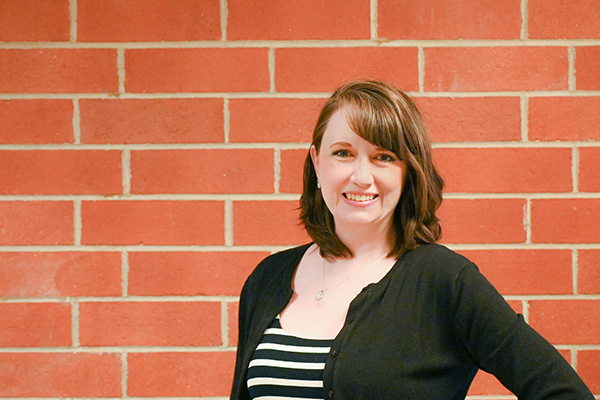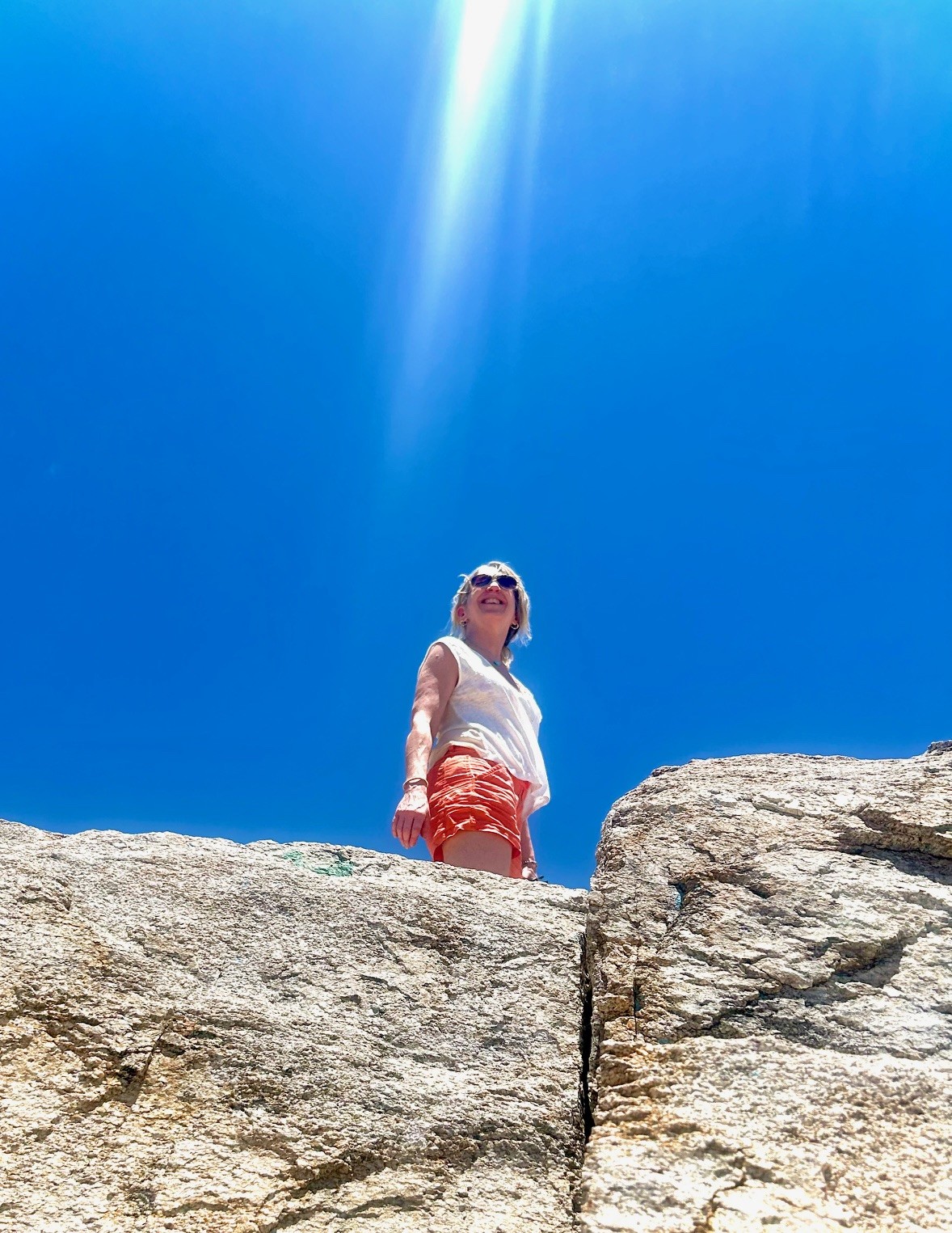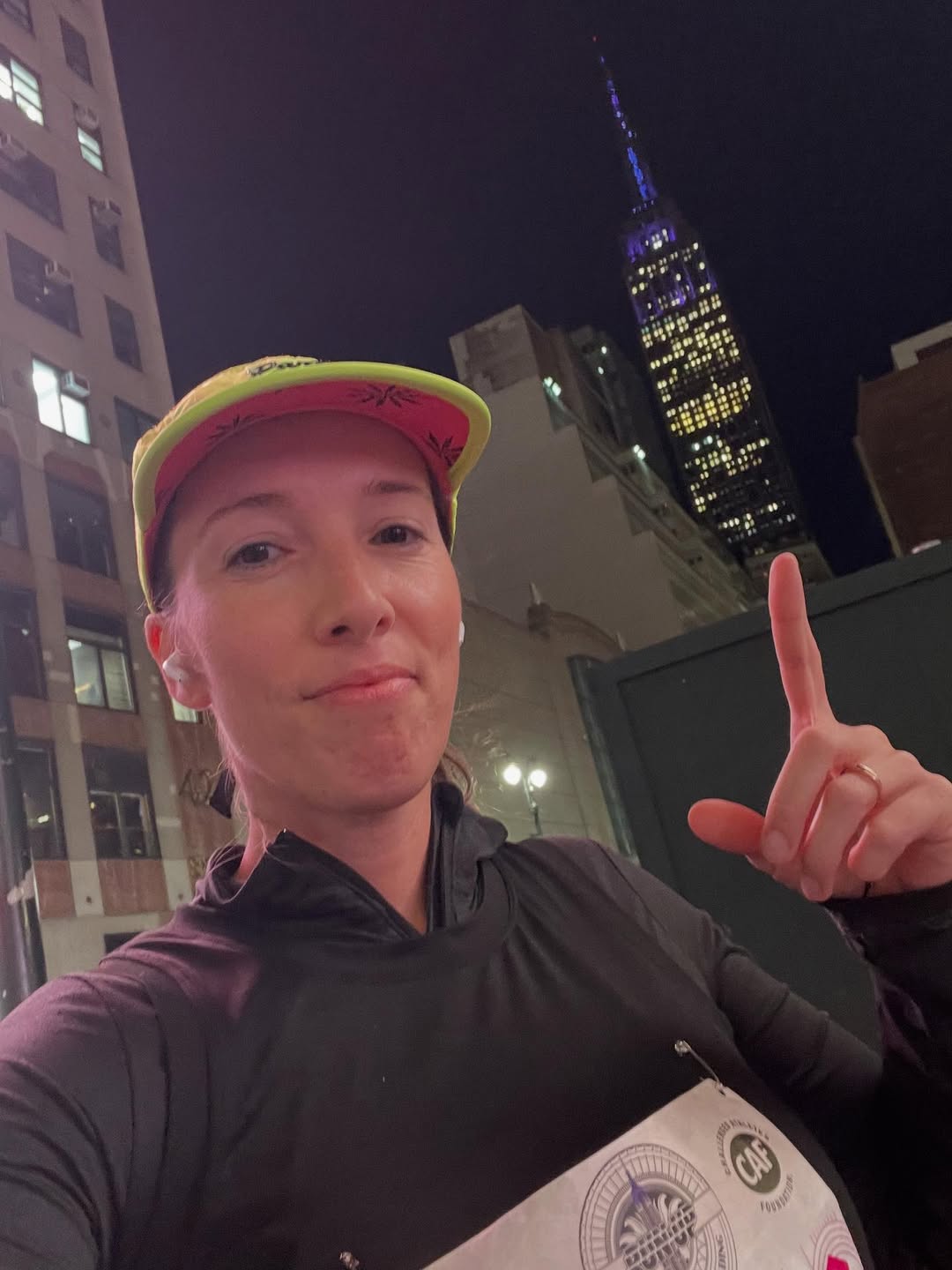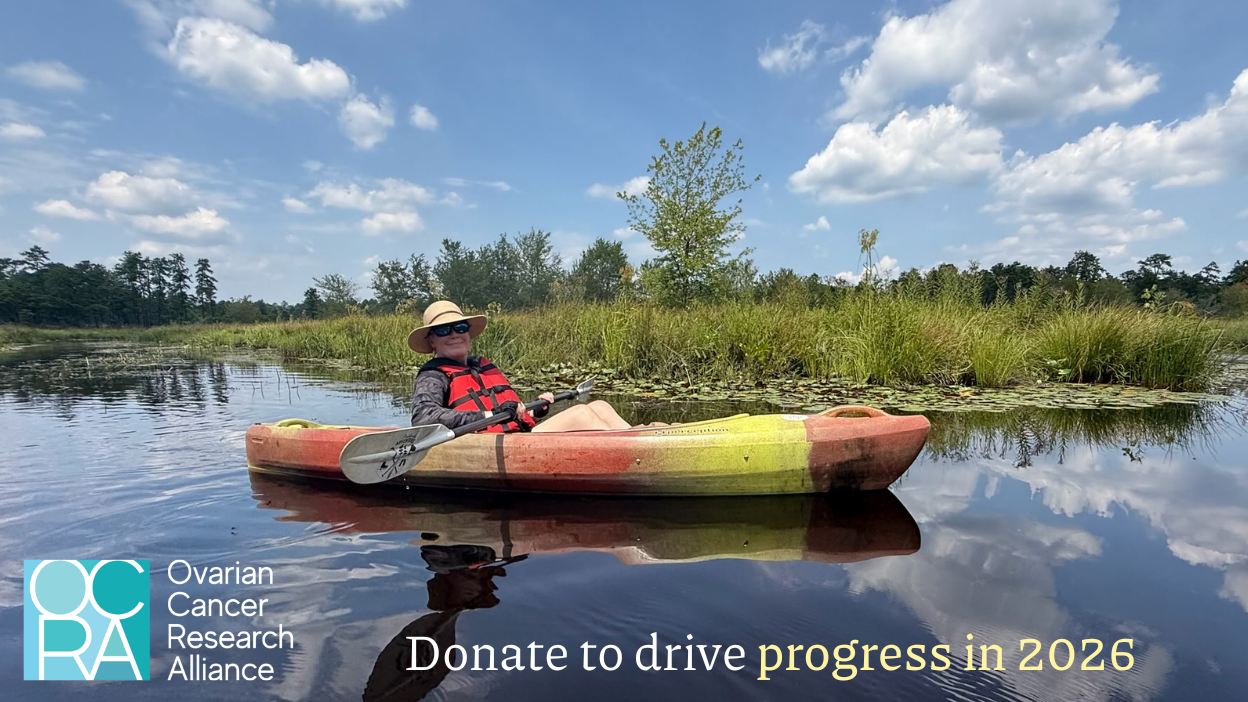
April Bupp lives in York, Pennsylvania, and has an adult granulosa cell tumor.
What has been your frustration in having a rare form of ovarian cancer?
Having a rare form of cancer that accounts for only 1-2% of ovarian cancer means there is very little research/information on it. It is frustrating that there is so little research, which means not many treatment options, and the treatment options are not consistently effective or successful.
Where have you found community?
I found a Facebook group of women with the same type of cancer and they have been a huge source of information and support. I have also met women through other cancer pages/sites and other survivors who have become life-long friends and Teal Sisters.
Note from OCRA: The GCT Survivor Sisters! page on Facebook is a “closed” group (not affiliated with OCRA) comprised of granulosa cell tumor survivors, and is a supportive network for those going through a GCT diagnosis.
How do you feel both a part of and apart from the greater ovarian cancer community?
The ovarian cancer community is a large sisterhood. When you meet another survivor, you instantly gain another sister. Having a rare type of cancer means you don’t meet as many women with the same type as you which can be a little disappointing.
What gives you hope?
The research foundation for my type of cancer recently received a 2.2 million dollar grant. That gives me hope that they will be able to learn more, find new and more effective treatments and hopefully eradicate this type of cancer!!!
What do you want to shout from the rooftops?
That female cancer is not all pink!! Awareness for ovarian cancer should be just as important and widespread as breast cancer.
#RareAware is shining a spotlight on the thousands of patients across the United States who are living with a rare form of ovarian cancer — raising awareness, offering resources and information, and building community for those who may feel both a part *of* and apart *from* the larger conversation about ovarian cancer.


